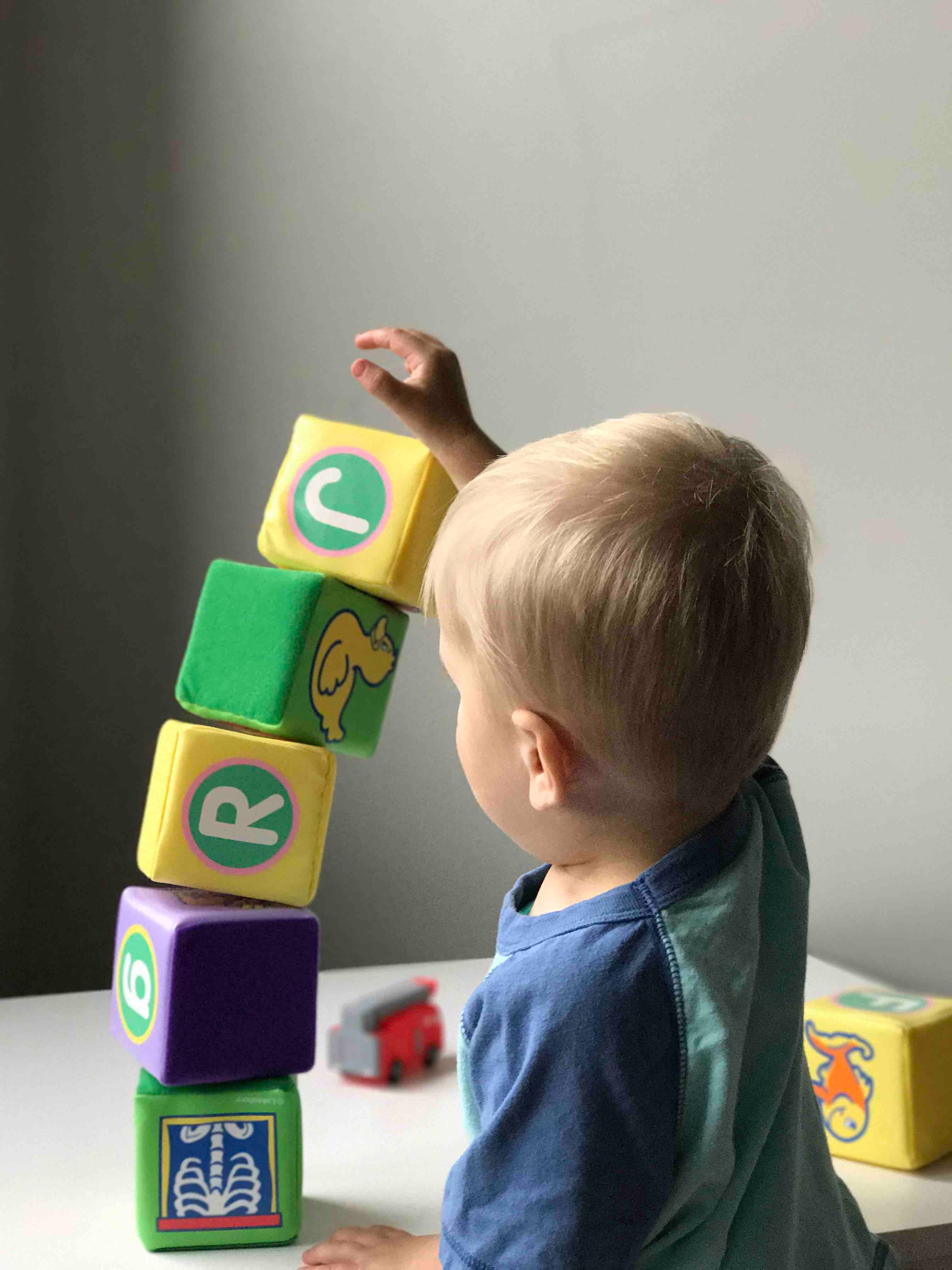Search

News & Events
Language Study Reveals Need for Long Term MonitoringA new study looking at the receptive language development of young children has highlighted the need to monitor kids over time to ensure they don't fall behind.

News & Events
How learning to talk is in the genesResearchers from Perth's The Kids Research Institute Australia have been part of an international study that has found that genetic factors contribute to the development of l
News & Events
Toddler TalkA child's ability to communicate is one of their most important developmental achievements. It builds a foundation for everything that is to come.
News & Events
New clues into language developmentA world-first study from The Kids for Child Health Research has identified risk factors for receptive language development in Australian children.
News & Events
New study links testosterone levels in the womb and language problemsNew study links testosterone levels in the womb and language problems
News & Events
Most late-talking toddlers turn out okThe study is the first of its kind to track language delay from two years of age through to late adolescence, using data collected from the long running Raine
News & Events
Children’s language not affected by stress in pregnancyfindings from the Telethon Institute for Child Health Research that show relatively common stressful events during pregnancy do not have a long term impact
Research
The Causal Effect of Parent–Child Interactions on Child Language Development at 3 and 4 YearsLanguage development is critical for children's life chances. Promoting parent-child interactions is suggested as one mechanism to support language development in the early years. However, limited evidence exists for a causal effect of parent-child interactions on children's language development.
Research
Late-talking and risk for behavioural and emotional problems during childhood and adolescenceAlthough many toddlers with expressive vocabulary delay ("late talkers") present with age-appropriate language skills by the time they are of school age...
Research
The effects of breast-feeding duration on language ability to middle childhoodModern societies are challenged by "wicked problems" - by definition, those that are difficult to define, multi-casual and hard to treat.
